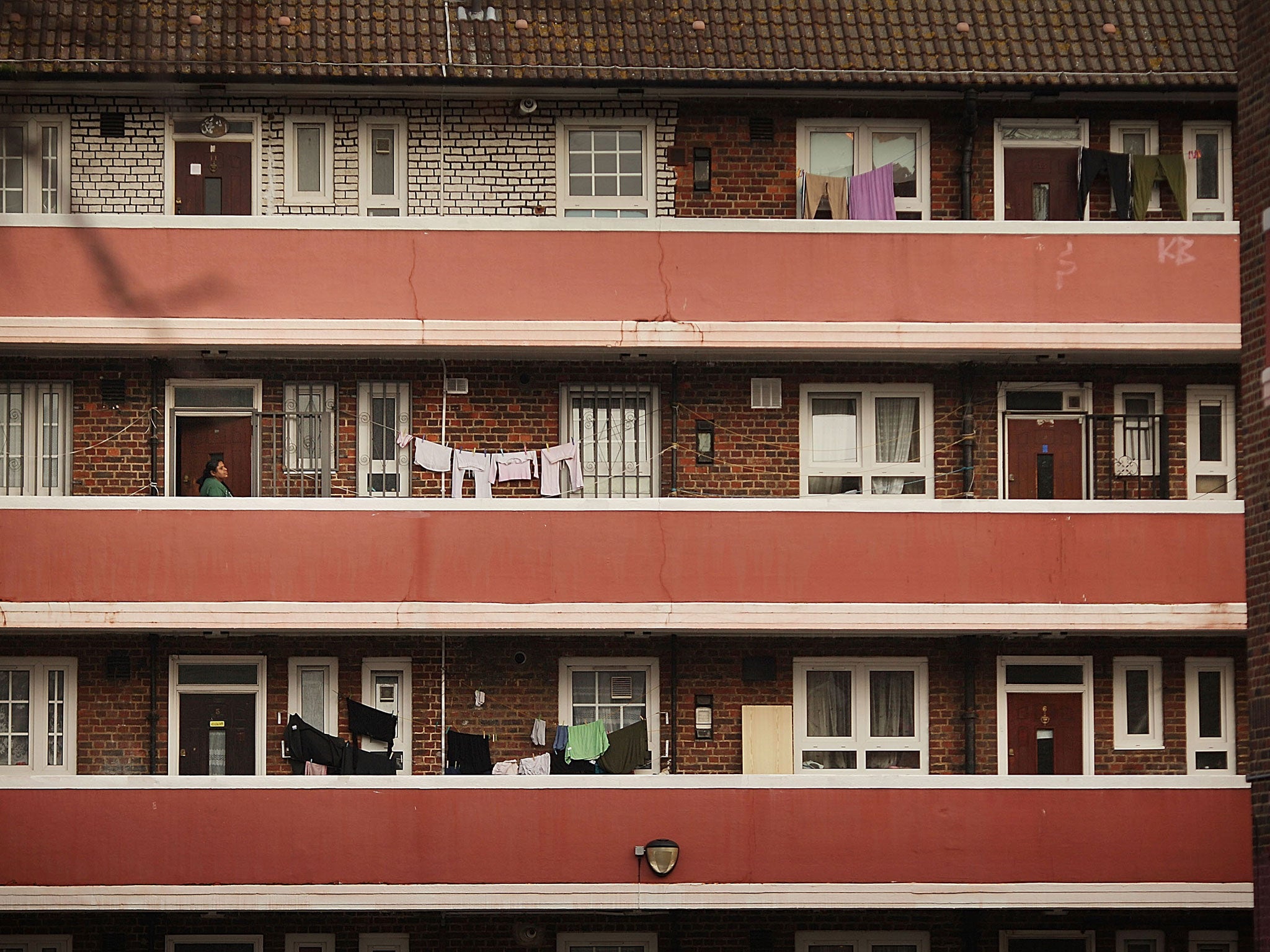The bedroom tax is a startling failure - but when will the Government admit it was wrong?
Yesterday's ruling should see the policy abolished

Your support helps us to tell the story
From reproductive rights to climate change to Big Tech, The Independent is on the ground when the story is developing. Whether it's investigating the financials of Elon Musk's pro-Trump PAC or producing our latest documentary, 'The A Word', which shines a light on the American women fighting for reproductive rights, we know how important it is to parse out the facts from the messaging.
At such a critical moment in US history, we need reporters on the ground. Your donation allows us to keep sending journalists to speak to both sides of the story.
The Independent is trusted by Americans across the entire political spectrum. And unlike many other quality news outlets, we choose not to lock Americans out of our reporting and analysis with paywalls. We believe quality journalism should be available to everyone, paid for by those who can afford it.
Your support makes all the difference.To those who have campaigned against the so-called ‘bedroom tax’ from the beginning, Wednesday’s decision by the appeal court to rule the policy discriminatory and unlawful will come as no surprise. To those who continue to defend the policy, this ruling should act as a stark reminder of its remarkable failure.
When it was first introduced by the coalition government in 2013, the bedroom tax aimed to cut the welfare bill and free up in-demand housing. The policy works by cutting the benefits tenants receive by 14% if they have one spare bedroom and a staggering 25 per cent if they have two or more.
At first, it may seem reasonable to some to cut people’s benefits if they are living in a house with one or more spare bedrooms. The idea is that this significant reduction in income will encourage the occupant to move to a house where all the rooms are used, therefore freeing up the larger property for those who require more than one room.
However, when you begin to look at the implications of the policy, as well as the failure to achieve one of its main goals, it becomes clear that the bedroom tax has been a disaster from the off.
According to the government’s own research published in 2014, almost 60 per cent of those affected by the bedroom tax were in rent arrears as a result of the policy. Furthermore, according to a survey carried out by the National Housing Federation in the same year, around one in seven families had received eviction letters and faced the prospect of losing their homes.
Even more worryingly, research carried out by the government’s Department for Work & Pensions found that three-quarters of those affected by the policy have had to cut back on food, while 46% had to cut back on heating and 33 per cent on travel. Clearly, the bedroom tax is having an extreme impact on those who are already struggling, forcing them to scale back on the essentials. Such a situation is simply unacceptable and confirms the fears many raised when the policy was first introduced.
In addition, many have also criticised the bedroom tax for discriminating against vulnerable people. For example, Wednesday’s ruling by the appeal court dealt with a case involving a seriously disabled child who requires overnight care in a specially adapted room. The other case involved a single mother living in a three-bedroom council house fitted with a secure panic room to protect her from a violent ex-partner. In both cases, judges ruled that the bedroom tax amounted to unlawful discrimination.
As a result of similar cases, the UN special investigator on housing called on the government to scrap the bedroom tax, pointing to what she described as ‘shocking’ accounts of how the policy was damaging the lives of vulnerable citizens.
However, there is yet more evidence demonstrating the failure of the policy. As aforementioned, one of the main aims of the bedroom tax was to move those with spare bedrooms into smaller houses. However, according to figures released under the Freedom of Information Act, only around 6% of those affected by the policy have actually moved, showing that for many, downsizing is not a viable option, either for personal reasons or because housing is in such short supply.
Looking at the evidence, it is clear the bedroom tax has been a complete failure in terms of rehousing tenants and the impact it has had on thousands of people up and down the country. The government may have saved around £1bn since its introduction, but this has been at the expense of struggling families and vulnerable citizens. Following the appeal court’s decision to rule the policy discriminatory and unlawful, it is now time for the government to finally admit it was wrong and abolish the bedroom tax.
Join our commenting forum
Join thought-provoking conversations, follow other Independent readers and see their replies
Comments